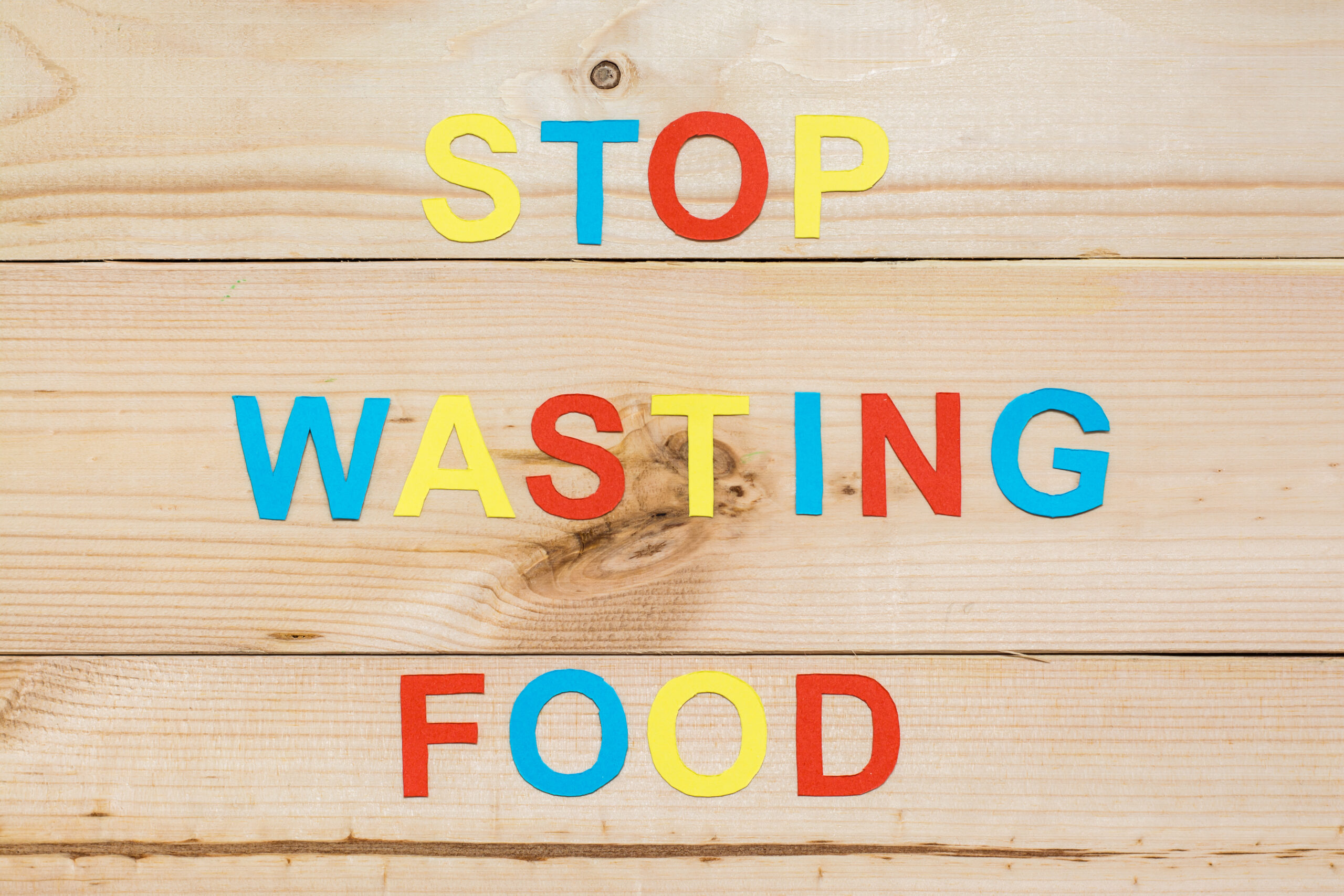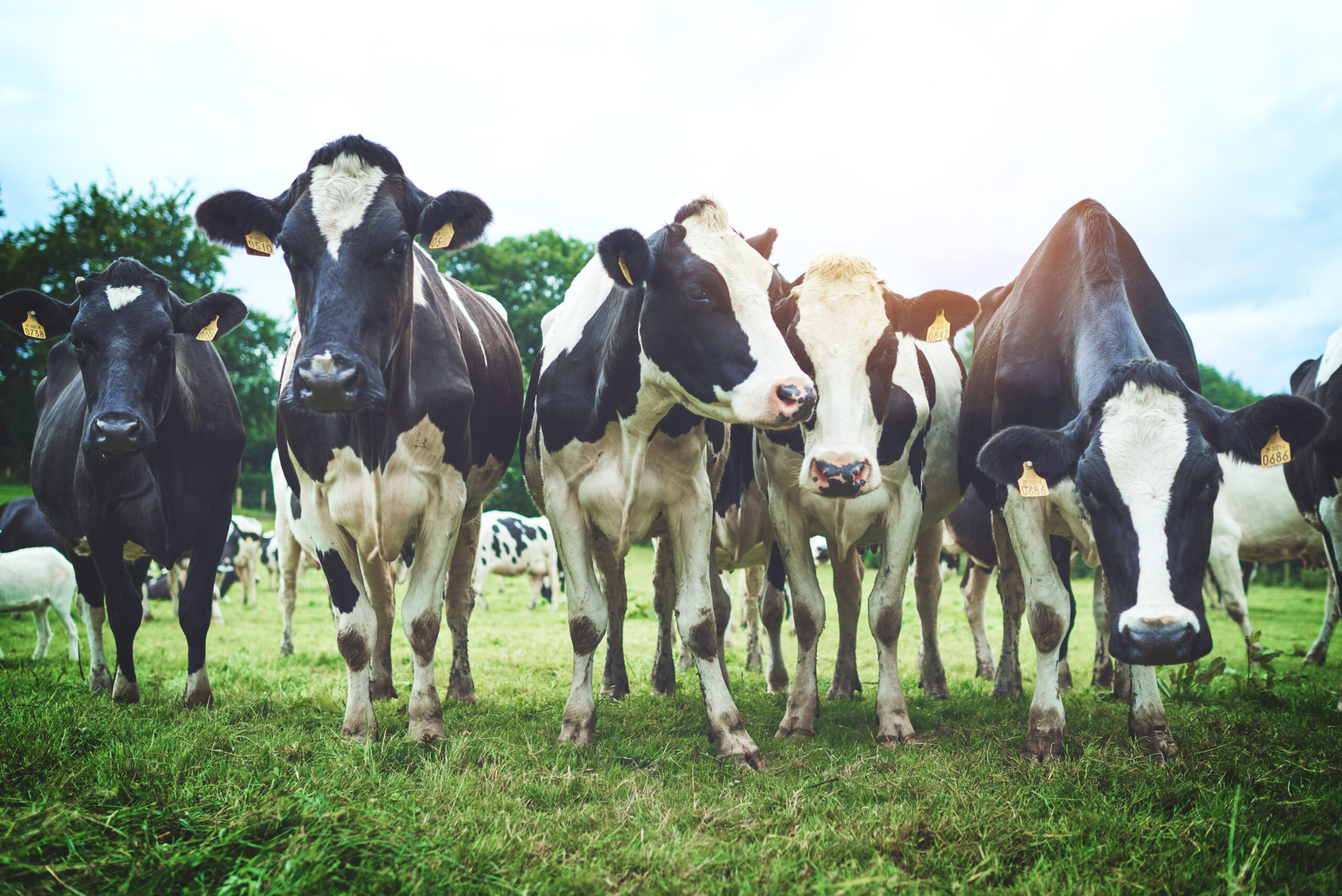Precision Agriculture, also known as satellite farming, is the use of robotics and automation to better manage field accuracy to boost crop yields and limit waste. It is also acknowledged as a farming method that creates less damage to the environment.
This technological approach could provide a solution to the many challenges that farmers will face in the future in terms of food security, such as growing crops in extreme weather conditions due to climate change, producing more food on limited land for a growing population, and withstanding an influx of pests and weeds from heightened environmental protection regulations.
Despite the need for advancements in farming, scientists and academics at North England’s N8 Agrifoods, a program that studies the challenges of the global food system, claim these technologies are limited in scope.
Horticulture has been the main focus of the agri-tech business, and although fresh produce is a high-value industry the potential to increase volume has yet to be fully realized.
In order for precision agriculture to reach its full potential, it needs to be incorporated amongst broadacre crops such as cereal grains. One researcher suggests these advancements will require a whole new industry of hybrid biologist-engineers.
“What we have been arguing is that for precision agriculture to truly hit the mainstream (i.e. to make a major impact in broadacre cereals farming, etc., and not just specialty crops), there needs to be a number of policy changes to the way the discipline is both taught and understood by the industry.” Says Professor Bruce Grieve, N8 AgriFood’s chair in Agri Sensors & Electronics, and a director at the University of Manchester’s Electrical and Electronic Engineering.
In order for this to happen, science engineers are calling on government and academia to invest in specialized training programs for this highly anticipated field of innovation.
Professor Grieve’s statements were also reiterated in an academic paper published in the Global Food Security journal where he argued for sustainable intensification of the global food system through AI enabled technologies and a new generation of smart technologies.
The co-authored paper states ‘a wholly new approach’ of integrated biology and physical engineering will need to be established in order for high volume crops to benefit from agri-tech, and create a more sustainable farming system. However, these new infrastructures can work in conjunction with current breeding, chemistry and agronomic solutions.
“First and foremost is the need to create a cohort of physical engineering graduates who also have adequate familiarity with biological concepts and agronomy, and vice-versa for a complementary cohort of biology graduates to be trained to have an appreciation of the possibilities offered by relevant elements of engineering and AI,” Professor Grieve states.
Despite this optimism, the paper also emphasizes the obstacles that stand in the way, such as funding, academic infrastructure, and regulatory and policy constraints.
The paper highlights the need for a coalition investment program between government and industry to link different levels of technology development together. It also calls for advanced research into the sociological and physiological factors that fuel the need for smart-tech in the agriculture space.
Furthermore, in order for AI and robotics technologies to truly make a successful transition into mainstream agriculture, the study also suggests it’s critical for government subsidies to support this transition. This will allow for the commercial and environmental benefits to be established faster and go beyond early-adopted farmers.
It also suggests the government should implement a regulatory environment that covers chemical regulations, as well as national and international standards for intelligent autonomous agri-sensing and robotic systems.
The call to action for policy changes and investments from both government and industry was supported by The Institution of Agriculture Engineers (IAgriE).
“We must learn to connect engineers, technologists, and scientists in a different way and the starting point has to be universities and the research community who need to revisit the way they link the disciplines in a new way. We have to do this if we are to achieve global food security,” said Alastair Taylor CEO of IAgrE.
From tissue-engineering for genetically modified crops and cell-cultured meat to drone and other smart farm gadgets, the culinary and agriculture space are integrating with science and technology like never before. With these advancements comes a new industry of experts, and one that has the power to transform both the scalability and security of our food system in a future that looms with uncertainty.












Join or login to leave a comment
JOIN LOGIN